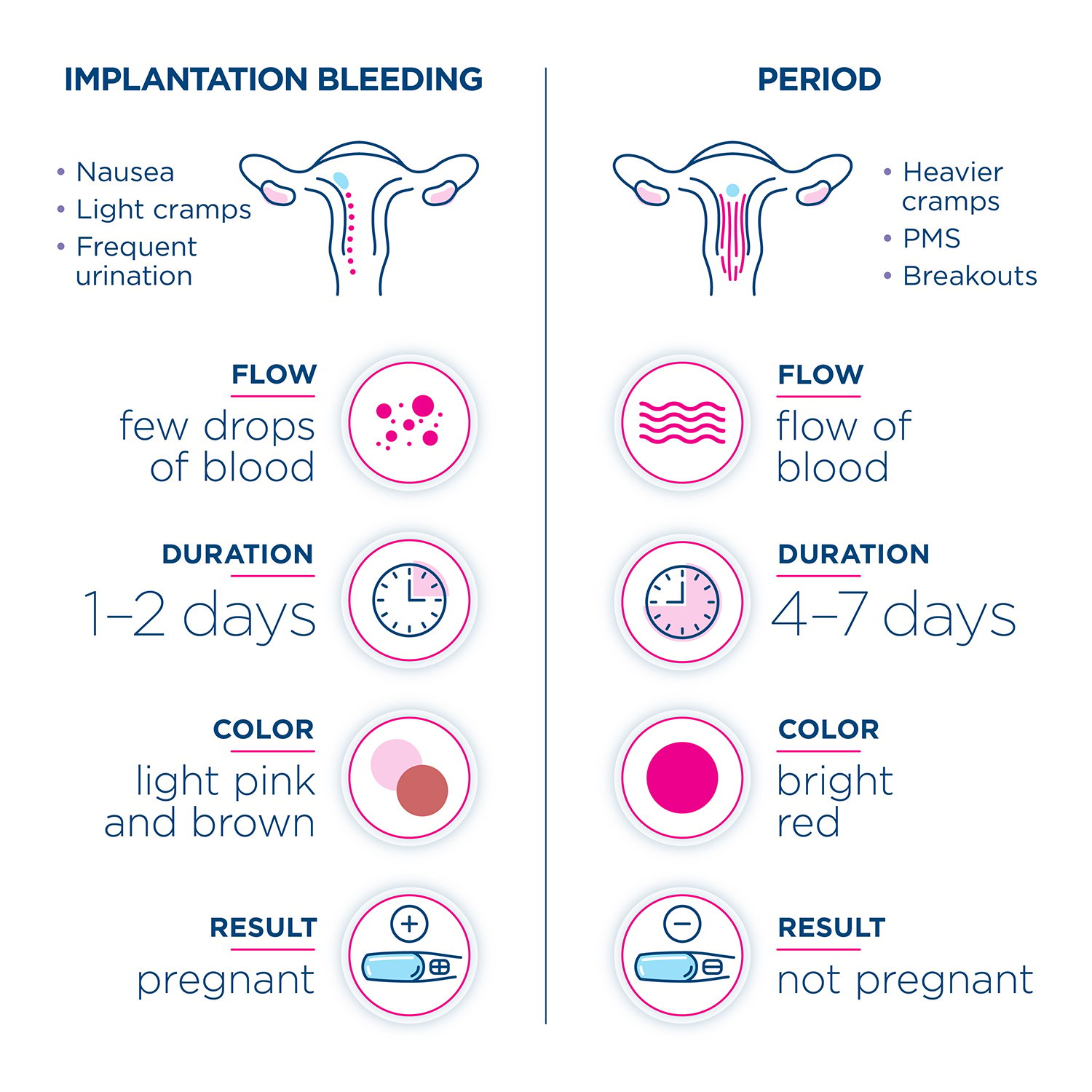
Pregnancy: A Period of Transformation
Pregnancy is a remarkable journey that involves profound physical, emotional, and social changes. It is a period of growth and development, not only for the baby but also for the mother. Understanding the various stages of pregnancy can help expectant mothers navigate this transformative experience with confidence and preparation.
Trimesters of Pregnancy
Pregnancy is typically divided into three trimesters, each with its own unique set of changes and milestones:
First Trimester (Weeks 1-12)
- Conception: The journey begins with the fertilization of an egg by a sperm, creating a zygote.
- Implantation: The zygote travels down the fallopian tube and implants in the lining of the uterus.
- Embryonic Development: The zygote rapidly develops into an embryo, with major organs and structures forming.
- Morning Sickness: Many women experience nausea and vomiting, particularly in the morning.
- Breast Tenderness: Breasts may become enlarged and tender as they prepare for lactation.
- Fatigue: Increased levels of progesterone can lead to fatigue and drowsiness.
Second Trimester (Weeks 13-27)
- Fetal Growth: The fetus grows rapidly, and its organs and systems continue to develop.
- Quickening: Around week 16-20, the mother may feel the first fetal movements.
- Increased Energy: Morning sickness typically subsides, and energy levels may improve.
- Weight Gain: The mother’s weight increases as the baby and uterus grow.
- Uterine Enlargement: The uterus expands to accommodate the growing fetus.
Third Trimester (Weeks 28-40)
- Fetal Maturation: The fetus continues to grow and mature, preparing for birth.
- Braxton Hicks Contractions: The uterus may experience occasional contractions, known as Braxton Hicks contractions.
- Pelvic Pressure: The baby’s head descends into the pelvis, putting pressure on the mother’s bladder and rectum.
- Swelling: The mother may experience swelling in her hands, feet, and ankles.
- Colostrum Production: The breasts may start producing colostrum, a nutrient-rich fluid that precedes breast milk.
Physical Changes During Pregnancy
Pregnancy brings about a myriad of physical changes, including:
- Increased Blood Volume: The body produces more blood to meet the increased oxygen and nutrient demands of the baby.
- Enlarged Uterus: The uterus expands to accommodate the growing fetus.
- Relaxin Hormone: The hormone relaxin loosens the ligaments and joints, preparing the body for childbirth.
- Weight Gain: Weight gain is a normal part of pregnancy, typically ranging from 25 to 35 pounds.
- Skin Changes: The skin may darken, particularly around the nipples and abdomen.
- Varicose Veins: Increased blood volume and pressure can lead to the development of varicose veins.
Emotional Changes During Pregnancy
Pregnancy can also trigger a range of emotional changes, such as:
- Mood Swings: Hormonal fluctuations can cause mood swings, irritability, and anxiety.
- Increased Sensitivity: Expectant mothers may become more sensitive to emotions and experiences.
- Nesting Instinct: A strong desire to prepare the home and environment for the baby may emerge.
- Bonding with the Baby: The mother may develop a deep emotional bond with the unborn child.
Social Changes During Pregnancy
Pregnancy can also impact social relationships and lifestyle:
- Changing Roles: Expectant mothers may need to adjust their roles within their families and relationships.
- Social Support: Seeking support from family, friends, and healthcare professionals is crucial.
- Lifestyle Modifications: Certain activities and habits may need to be modified to ensure the health and safety of the mother and baby.
Prenatal Care
Regular prenatal care is essential for monitoring the health of both the mother and the baby. Prenatal appointments typically include:
- Physical Exams: Checking vital signs, weight, and fetal growth.
- Ultrasound Scans: Imaging tests to monitor fetal development and detect any abnormalities.
- Blood Tests: Screening for genetic disorders, anemia, and infections.
- Nutritional Counseling: Providing guidance on healthy eating habits during pregnancy.
- Education and Support: Discussing pregnancy-related topics, such as childbirth, breastfeeding, and newborn care.
Preparing for Childbirth
As pregnancy progresses, it is important to prepare for childbirth. This may involve:
- Childbirth Classes: Attending classes to learn about the stages of labor, pain management techniques, and newborn care.
- Creating a Birth Plan: Developing a plan that outlines preferences for pain relief, delivery position, and other aspects of childbirth.
- Packing a Hospital Bag: Preparing a bag with essential items for the hospital stay.
- Physical Exercise: Staying active and exercising regularly can help prepare the body for labor.
Conclusion
Pregnancy is a transformative journey that encompasses physical, emotional, and social changes. Understanding the various stages and milestones of pregnancy can help expectant mothers navigate this remarkable experience with confidence and preparation. Regular prenatal care, lifestyle modifications, and social support are crucial for ensuring the health and well-being of both the mother and the baby. By embracing the challenges and joys of pregnancy, expectant mothers can prepare for the arrival of their little one with excitement and anticipation.